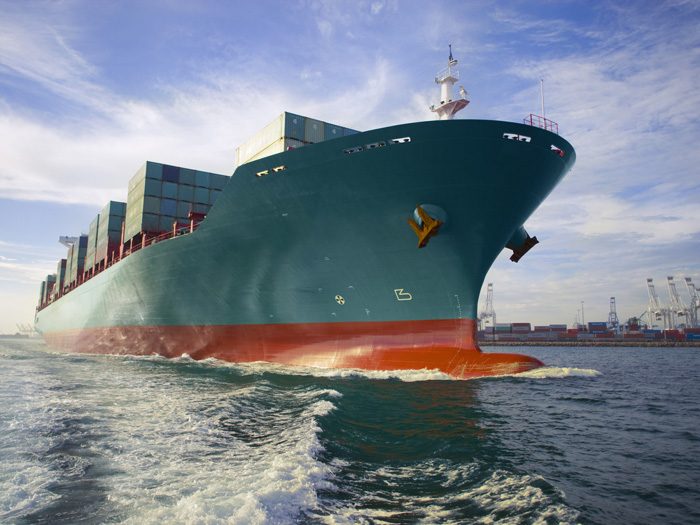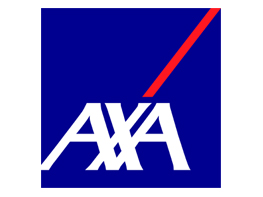Why Seven Big Insurers Are Teaming Up to Underwrite Smaller Marine Projects

Liberty Specialty Markets (LSM), part of Liberty Mutual Insurance Group, has a new Lloyd’s facility, the Liberty Project Cargo Consortium, to underwrite small and midsize global project-related cargo risks. The facility, Consortium 7763, offers capacity to underwrite risks of up to $205 million.
Its coverage includes comprehensive project cargo, heavy lift, cargo delay in start-up (DSU), and comprehensive risk engineering services. Consortium 7763 will underwrite and bind risks under a single stamp on behalf of seven supporting syndicates, which include the likes of Aegis and Munich Re, to name a few.
Notably, the DSU component of the project sector has become increasingly challenging for underwriters because global supply chain disruptions have created compounding delays in replacement times as far back as the procurement of raw materials.
Nevertheless, underwriters in cargo and some other marine lines are able to make use of firming markets and rising premiums. Those were detailed at the annual meeting of the International Union of Marine Insurance (IUMI), held September 18 to 21 in Chicago. Gross cargo premiums hovered around $800 million from 2011 to 2019, but rose sharply to almost $1.3 billion in 2020 and more than $1.4 billion in 2021.
“The energy transition, changes to global supply chains, new manufacturing processes, and other industrial and civic developments are prompting an unprecedented number of new projects worldwide,” said Michael Burle, head of the marine division at LSM. “The Consortium offers significantly larger capacity than any other currently in the market, which makes the placement and claims processes much smoother.”
Chris Hicks, underwriting manager for marine cargo at LSM, added, “We are delighted to unite insurers to provide much-needed capacity and simplicity. The initiative will provide brokers and clients with market-leading capacity at a time when the need for such coverage is significant and growing.”
A Bigger Market for Smaller Projects
The $205 million limit is per policy, for cargo and DSU as a package. LSM and its partners intend for there to be multiple policies. “The idea is to provide cover for the smaller end of the project sector,” said Hicks.
“If you look at how the sector has evolved over the past 10 years or so, the mega-projects used to predominate: the massive off-shore drilling and production platforms, as well as LNG terminals on shore. There are still many of those, especially gas projects and even some nuclear, but those are not the target for the new consortium; we would write those ourselves.”
The target market for the consortium, rather, is the numerous small and midsize projects, frequently for renewable energy in wind, solar, and battery storage.
“For those, $205 million is meaningful,” Hicks detailed, adding that “if we got a project for $250 million, we would not hesitate to go to our subscribers, but most of the business will be less — some far less.”
The objective of the consortium, Hicks explained, is to add efficiency to the smaller end of the market. “A billion-dollar cover would always be shared. In the London market, people also want to share the smaller projects. But for a $50 million cover, that is very inefficient, especially given how homogenous many of the smaller renewable-energy projects have become.”
To that end, the new consortium is a prearranged microcosm of the type of share arrangement that would be made for large project-cargo and DSU coverage. “The insureds deal with one party, one broker, one engineering team, one claims process and one adjuster,” said Hicks. “It’s just an easier and less frictional way to trade. There is plenty of appetite for project-cargo underwriting. There is capital to deploy. This is an efficient way to harness that.”
Preparing for the Maiden Voyage
While the LSM press release about Consortium 7763 was made late in September, just after the IUMI meeting, that represented only a soft launch. “The formal launch where we begin positively marketing will be in early November,” said Hicks. “We have bound a few risks already because they came up in conversation over the previous few weeks. We also have a few live quotes out.”
That said, the projects the consortium would be covering, and the underwriting process itself, all have much longer lead times than is common in other marine lines. So the expectations by LSM and its partners are for a formal marketing effort starting around the end of the year, with business picking up actively in early 2023.
The inclusion of DSU coverage is an important part of the consortium’s business proposition, especially in an era of supply chain disruption, logistical complications and shifting sanctions. The risks have increased in DSU, but the underwriting has gotten better, Hicks asserts.
“There is no doubt that DSU has become more valuable to owners and project managers,” he said. “We need look no farther than the replacement times for key components for the submissions we get. When I started, DSU was a fixed-cost item. Now, it can be highly variable, with balloon payments and indemnifications. That requires particularly strong underwriting with understanding of operations, engineering and construction.”
Even so, projects may last for many years, and while insurance companies can work closely with insureds and their service providers on active risk mitigation, they cannot charge more premium, even though the potential cost of delays has increased. &










